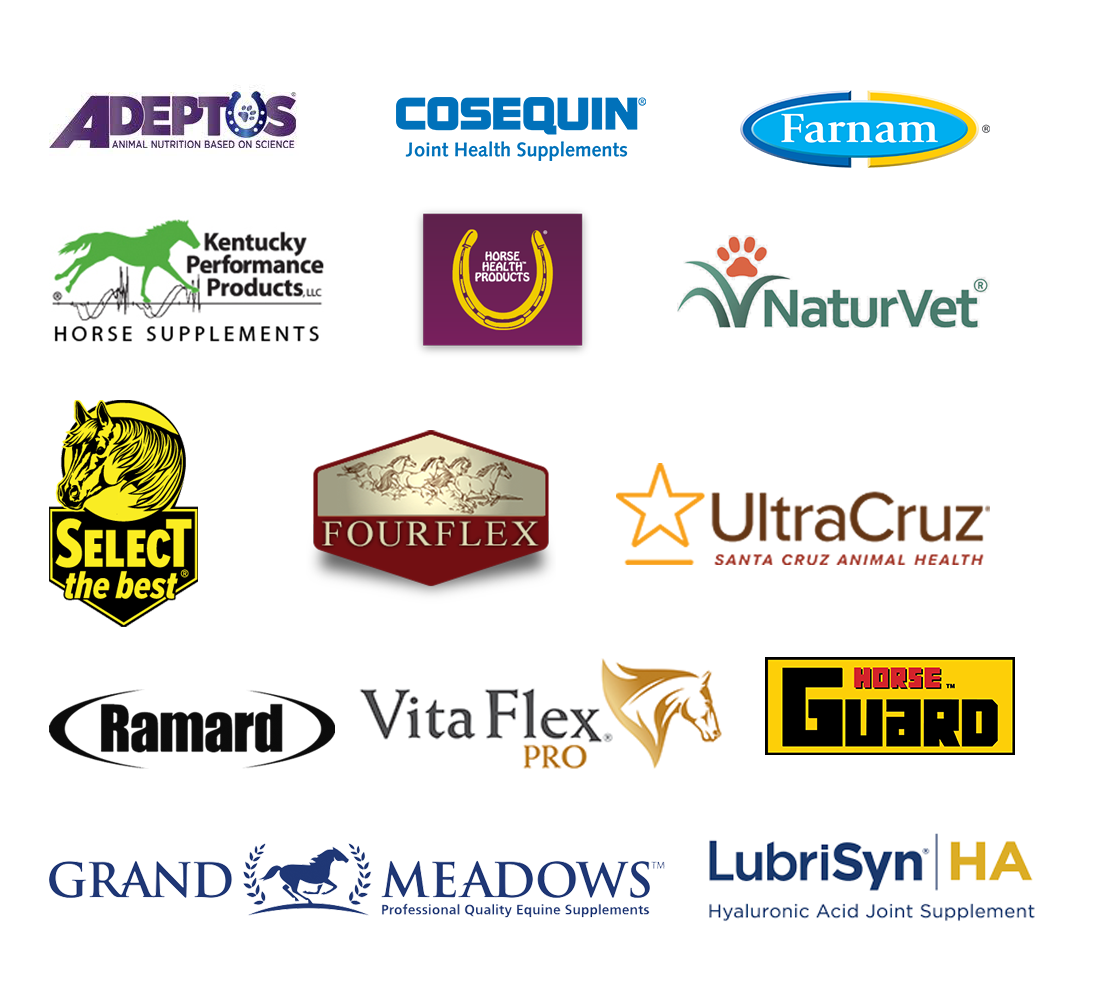Premium Horse Supplements for Optimal Health and Performance in San Juan Capistrano
Meeting the needs of customers in Dana Point, Rancho Mission Viejo, Ladera Ranch, Laguna Niguel, Laguna Beach, and Laguna Hills
Balancing Your Horse’s Diet With Supplements
Horses are grazers by nature, constantly foraging for optimal gastrointestinal health. While their ancestors had to search far and wide for feedstuffs, today’s horses are often given lush pasture and good quality hay that forms an excellent base diet without having to travel far to get it. For low activity horses, there are well-balanced ration choices available, with a diet primarily consisting of forage, including the use of calming supplements, as well as the benefits of biotin for horses hooves. On the other hand, high-fat supplements are essential for high activity, performance, and sale horses. Additionally, it is important to consider the inclusion of calcium supplements for these horses.
Forage Comes First
No matter the life stage or activity level of the horse, the core component of any diet should always be access to good quality forage. Forage is what the equine digestive tract was built to process — designed for grazing small amounts 18 or more hours a day. Ideally, forage would be available 24/7, but between the activities we participate in with our equine pals and the inevitable turn of seasons here in Canada, that ideal may not be feasible. There are, however, many horses that we would consider easy-keepers or who engage in low activity — whether they be companion horses, retirees, or a variety of others — who seem to do well on their seasonal forage diets alone. From the outside, a good quality hay may appear to provide all the nutrition your easy-keeper needs, but on the inside there are still certain nutrients that even the best forage may be lacking and which need to be made up with a ration balancer.
Vitamin and Mineral Requirements
When balancing your horses’ rations, one of the most useful tools at your disposal is a hay analysis, which should be done on new cuts that arrive at your barn. There can be stark differences in the quality of the hay from one year to the next, even if it comes from the same field and is grown by the same supplier. Don’t let your eyes or hands trick you — just because the hay looks and feels great does not necessarily mean that it has the nutritional value required. The benefit of a hay analysis is knowing approximately what nutrients your horse is getting through the bulk of their diet, and which nutrients are below the recommended amounts. These portions can then be topped up with a recreational complete feed that is low in fat, or by a concentrated vitamin/mineral supplement that has elevated amounts of essential nutrients, such as calcium supplements. Determining which product is best for your horse will depend primarily on the results of the hay analysis, but for horses that are predominantly forage fed, it is essential to provide some form of vitamin and mineral supplementation in their daily rations, including biotin for horses hooves.
Conditioning Supplements
On the other end of the spectrum are high-fat supplements designed to be finishers for horses going to sale or in low-energy competition, such as halter horses. They need to look the best they can while not adding a whole lot of extra energy that would normally be expended during physical competition. Fat supplements can act as both — a top dress fed along with a base grain — to add some finishing weight while being a source of cool energy. The omega-3 fatty acid content in high fat supplements also promotes fertility for stallions and mares during breeding season, so if you have broodmares whose diets are primarily forage-based, adding a high-fat supplement prior to breeding can enhance pregnancy success rates. For the performance horse, high-fat supplements provide a source of “cool” calories; and for the exuberant horse they provide elevated vitamin and mineral support for bodily functions as well as coat shine and condition all-in-one. They can be top-dressed for horses that are fed oats or other grains for improved coat condition and overall balancing of the ration. Another example of those needing fat supplements is heavy horse halter breeds. Draft breeds can reach upwards of 900-1000 kg and need a lot of feed compared to sport horse breeds. Due to the quantity of feed required, many draft owners opt to feed oats or base grains along with a forage diet, and then add a conditioning supplement to achieve that pre-show weight and shine, ensuring a balanced diet as well as success in the ring.
No matter the class of horse, a core diet composed of good quality forage provides the foundation for optimal health. Adding a ration balancer or high-fat supplement based on individual horse needs will round out their daily nutrient requirements and make for a happy, healthy horse.

Supplements & Vitamins- Equine
- Multi Vitamins
- Joints
- Coat
- Hoof
- Weight
- Electrolytes
- Digestion
- De Worming
- Conditioning Supplements
LOCATION

31896 Plaza Suite C4, San Juan Capistrano, CA 92675 Located in Plaza Del Obispo Shopping Center
